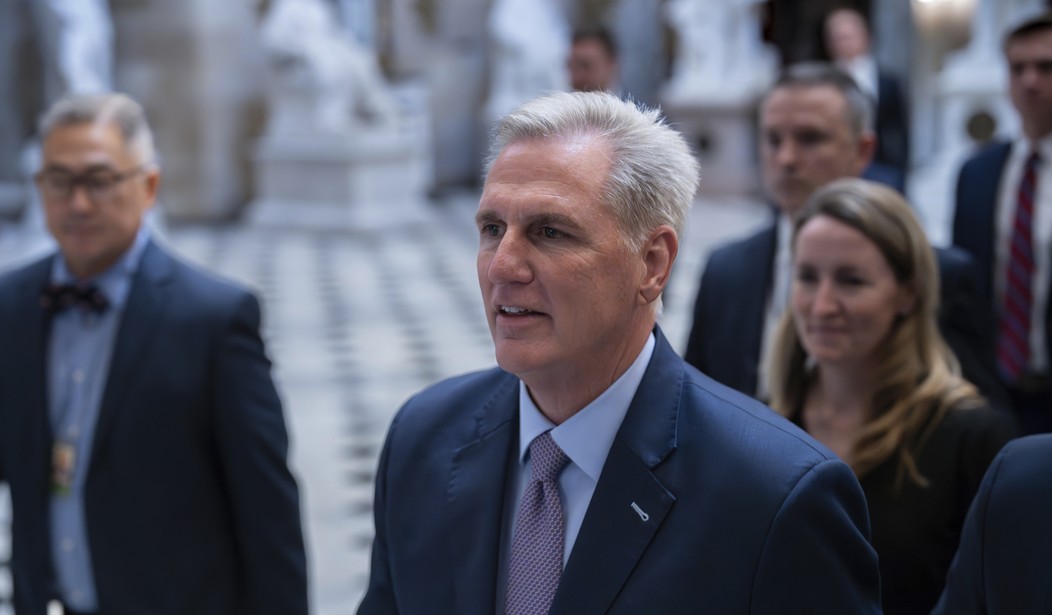While many conservatives view the unceremonious removal of Rep. Kevin McCarthy from his position as Speaker of the House as a move to regain control of the Republican agenda, it's crucial to consider the potential long-term implications for the party and the nation's legislative processes. The move is nothing short of a seismic shift in the political landscape, not just for the GOP but for the entire U.S. Congress.
For one thing, as Rep. Thomas Massie has noted, McCarthy’s removal threatens the regular order — that is, the agreed upon, transparent, methodical process by which annual spending bills are usually brought through the standard legislative procedure. Historically, regular order has been the gold standard for how Congress should function.
Despite criticisms against McCarthy, the now-former Speaker of the House was taking steps to revert to this system, aiming for a more transparent and accountable Congress. The abrupt termination of his tenure now raises concerns about the return to "Old Testament" tactics, as Massie calls them — omnibus bills and “gang warfare.”
Massie’s warning about the potential rise of omnibus bills is especially concerning. Instead of individual, focused legislation being debated and passed, omnibus bills bundle numerous unrelated topics, making it challenging to have explicit debates and often leading to unchecked spending. The return to this approach is a step backward for conservatives who champion fiscal responsibility.
A leaderless House GOP caucus would be disadvantaged when negotiating with the Senate. The possibility of Senate leaders Schumer and McConnell taking the reins in legislative decisions means that the House might be relegated to a reactive role, thus diluting the power of the GOP majority. Factionalism in the GOP leaves the conservative voice in Congress un-unified and unprepared for the future.
Recommended
McCarthy had been working to reform the budget process. He allowed key Freedom Caucus members into influential positions, a gesture that showed his commitment to incorporating conservative demands. As Massie highlighted, McCarthy's efforts to bring conservative voices into essential committees promised more inclusivity than seen under previous Republican speakerships.
While conservatives have their grievances, the timing and method of McCarthy's removal could prove counterproductive. As Rep. Ralph Norman said, despite disappointments with some of McCarthy's decisions, pursuing a Motion to Vacate amidst such a critical juncture might be ill-timed. By diverting energy and attention inward, conservatives risk weakening their stand against more pressing external challenges.
At its core, McCarthy's ousting is emblematic of deep fractures within the GOP. The public nature of this ouster might erode voter confidence, especially among those looking for stability and unity in their chosen representatives.
Giving McCarthy the boot might seem like a move to reclaim the conservative agenda, but the potential long-term ramifications for the party and the legislative process are heavy. As the GOP looks to its future, it must weigh its internal decisions against the broader implications for its legislative power, its unity, and its image in the eyes of voters.
Parker McCumber is a contributor for Young Voices which specializes in political strategy and economics. Parker is a U.S. Army veteran and entrepreneur pursuing his Doctorate in Business Administration - Organizational Leadership. You can follow Parker on X (formerly Twitter) @Parker_McCumber.

























Join the conversation as a VIP Member